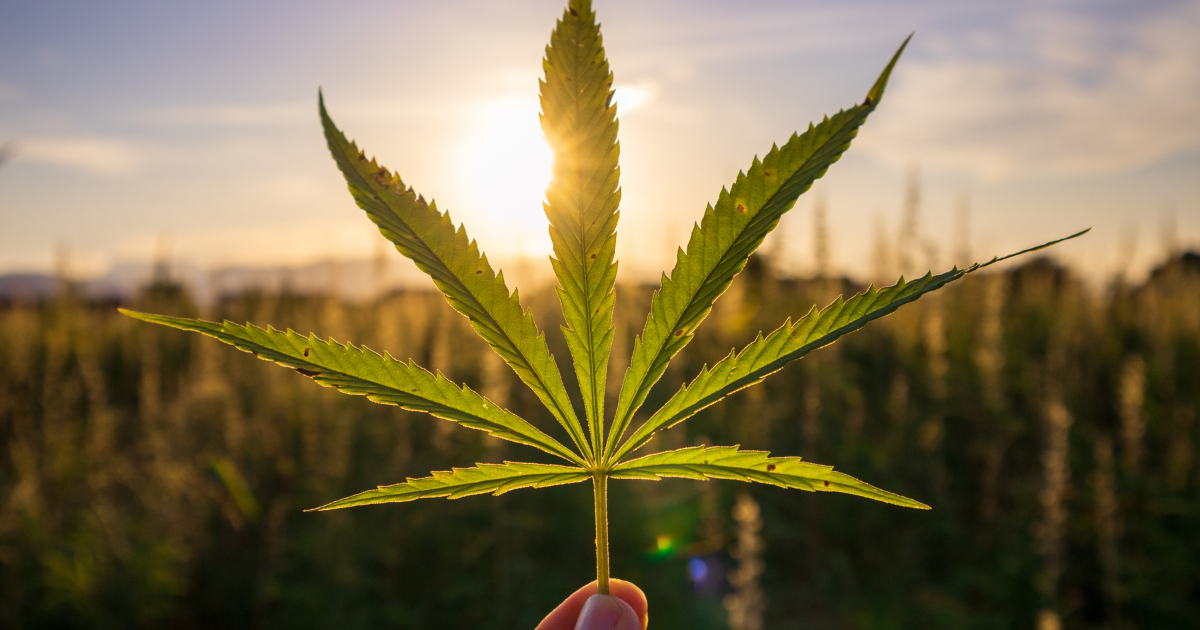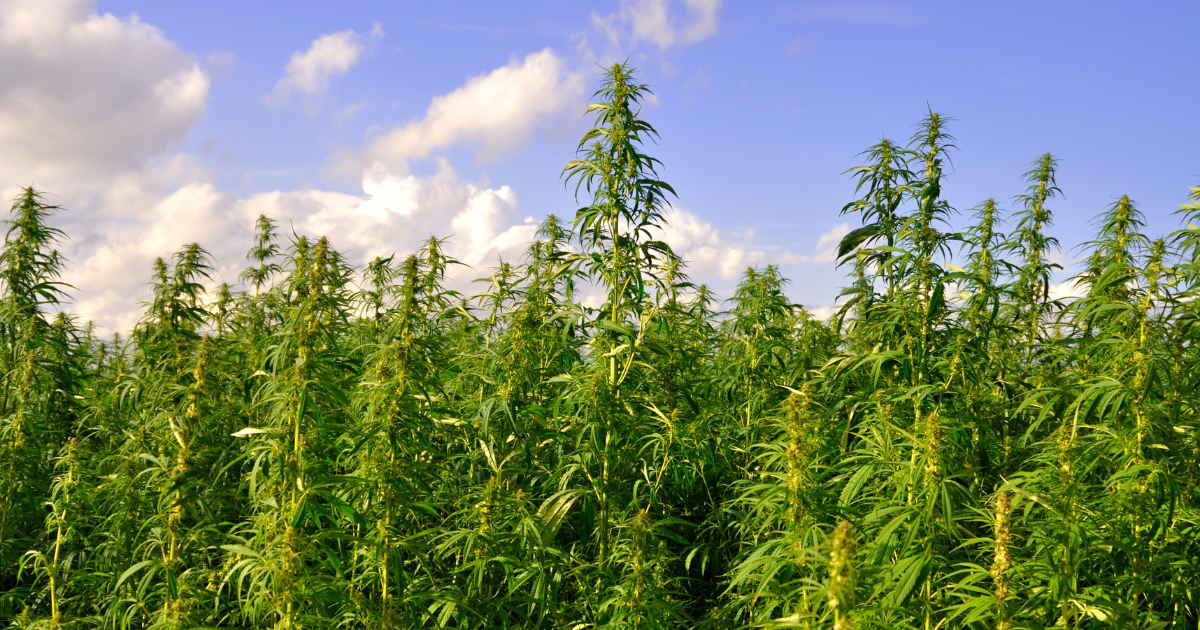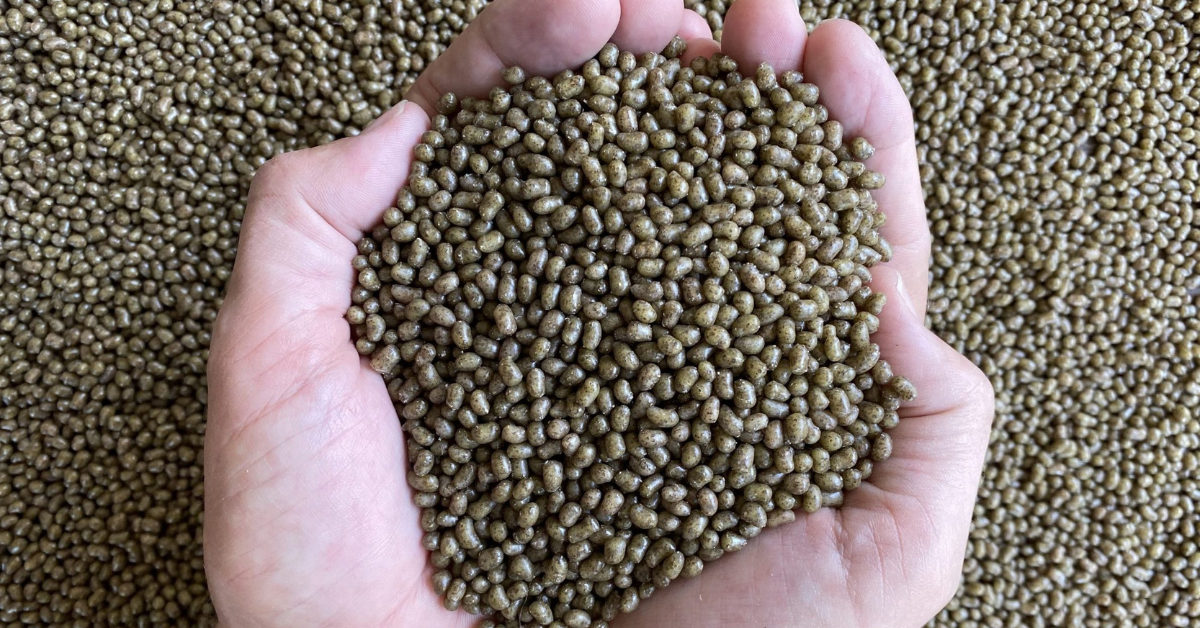One of the world’s oldest and most versatile crops, hemp has been used throughout history for its nutritive, industrial and medicinal properties. Industrial hemp has near-endless applications with our biocomposites and bioplastics, but the benefits don’t end there: Hemp is good for the planet.
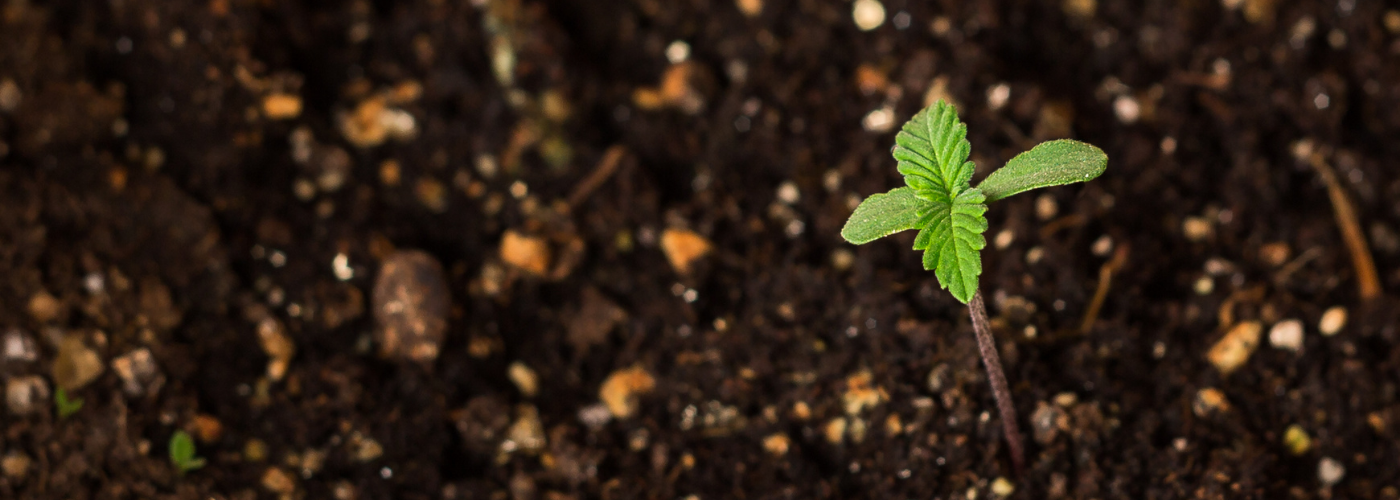
1. Hemp can improve soil quality.
The health of soils depends on their fertility, acidity or alkalinity and the presence of metals and chemicals. The presence of toxic chemicals from pesticides, fertilizers and industrial sites affects all these things.
When soil is degraded, the result is often reduced yield and poor quality of agricultural crops. Unhealthy soil can also cause environmental issues for the surrounding ecosystems.
Hemp improves soil quality by reducing the concentrations of toxic metals and chemicals in soil. Through a process called phytoremediation, hemp removes or converts toxic contaminants from water, soil or air. While hemp isn’t the only plant that does this, it is one of the most effective thanks to its high biomass, short life cycle and long roots. When it comes to soil remediation, hemp is coined a “hyper accumulator” because of its ability to absorb toxins in greater concentration than the soil in which it is growing.
Hemp also has long tap roots which go deep into the soil, bringing what are usually untouched nutrients up to the top soil.
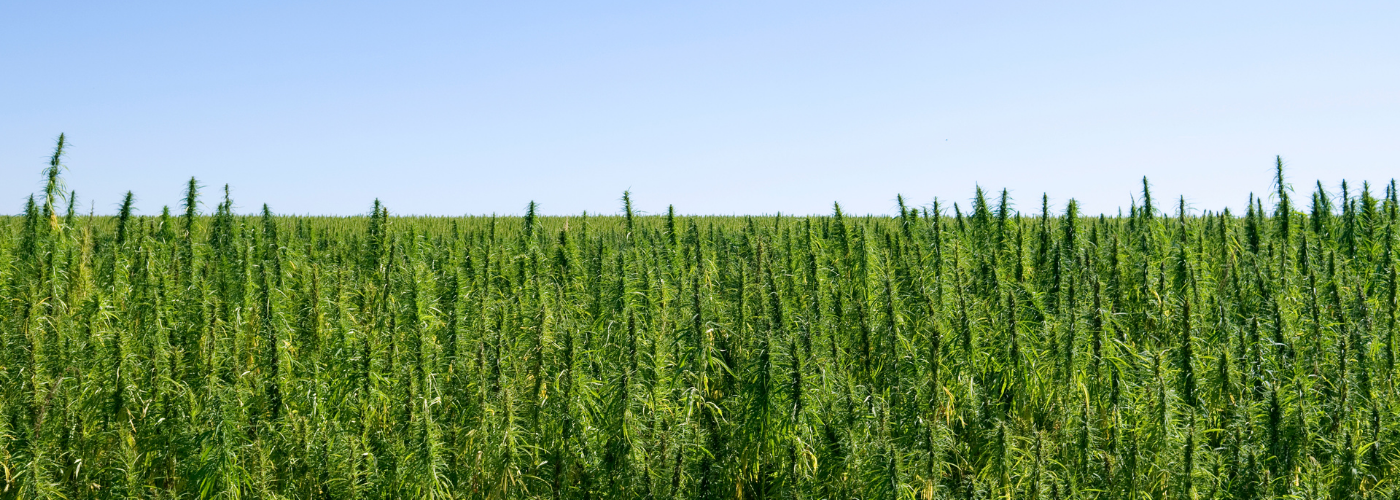
2. Hemp can reduce greenhouse gas emissions.
Hemp is one of nature’s greatest carbon sequesters. For every ton of hemp produced, on average, 1.63 tons of CO2 is removed from the air, and hemp absorbs 15 tons of CO2 per hectare. For perspective, that’s the equivalent of nearly 35,000 miles traveled by an average car.
CO2 is one of the key causes of climate change, and hemp absorbs more of it per hectare than commercial forestry or any other crop.
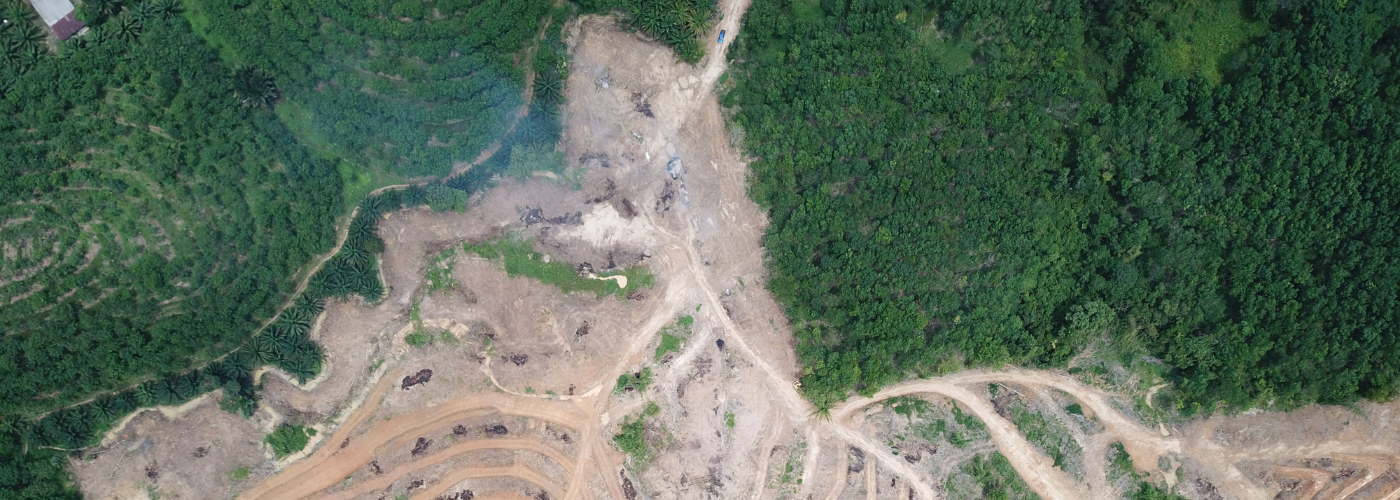
3. Hemp can reduce deforestation.
Much of the paper used today is made out of wood, causing a deforestation problem that directly contributes to climate change. Machinery used to cut trees produces high levels of CO2, and the trees they cut are no longer available to take in the compound. Deforestation also displaces indigenous people and animals while causing soil erosion.
Trees are being cut down faster than we can replace them. They take a long time to mature, growing for 10 to 30 years before they can be used to produce paper.
Hemp reaches maturity in just 60 to 90 days, enabling it to be harvested and turned into paper after just one growing season.
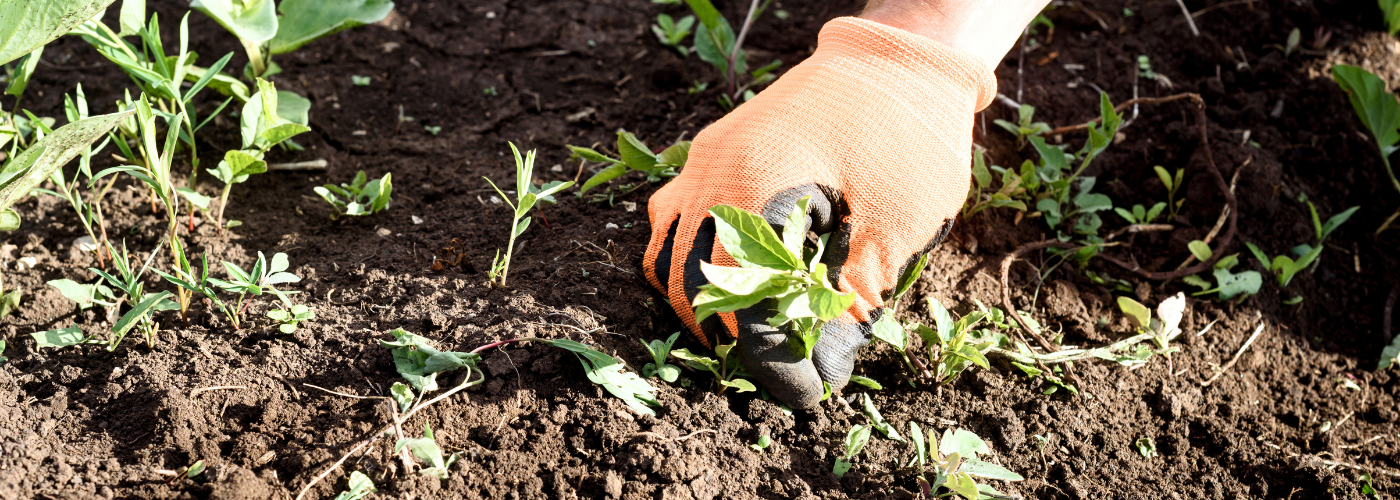
4. Hemp is a natural weed suppressor.
The massive root complexes of hemp plants make them natural weed defeaters, and many varieties are naturally resistant to pests. This reduces the need for harmful pesticides, making hemp fields a potential paradise for pollinators.
When the Rodale Institute team incorporated hemp as a rotation crop on their experimental farm in Pennsylvania, they discovered that the positive impacts of growing hemp compounded year after year. While the hemp was grown, weeds were significantly reduced, and the reduction carried into the next growing seasons. This meant improved soil health and less herbicides were used to grow other crops. Hemp is a great companion plant.
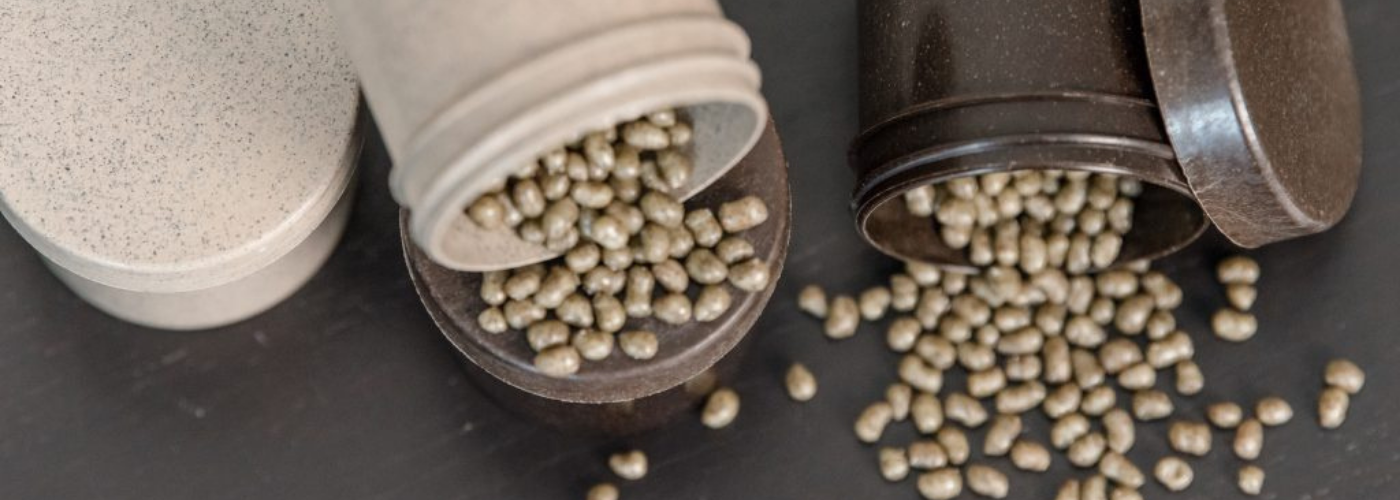
5. Hemp can immediately and significantly reduce plastic use.
By switching to our more sustainable hemp plastics, our customers can achieve a 25% to 100% reduction in petro-chemical based plastic use.
Recycling is only part of the solution, and if we want to preserve our planet for future generations, we, along with our customers, are working hard to significantly reduce the amount of fossil-fuel-based plastic produced along with the associated greenhouse gas emissions.
Our hemp biocomposites and bioplastics are the greener solution you’ve been looking for. With our sustainable plastics, you can produce more environmentally friendly products at a reasonable cost using your existing equipment.
Contact us today to see how we can help you make a greener choice.


